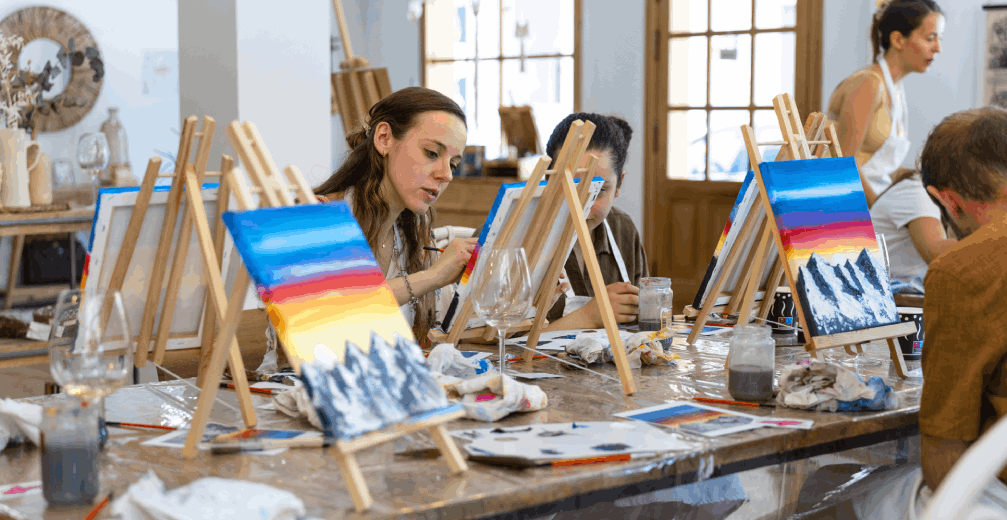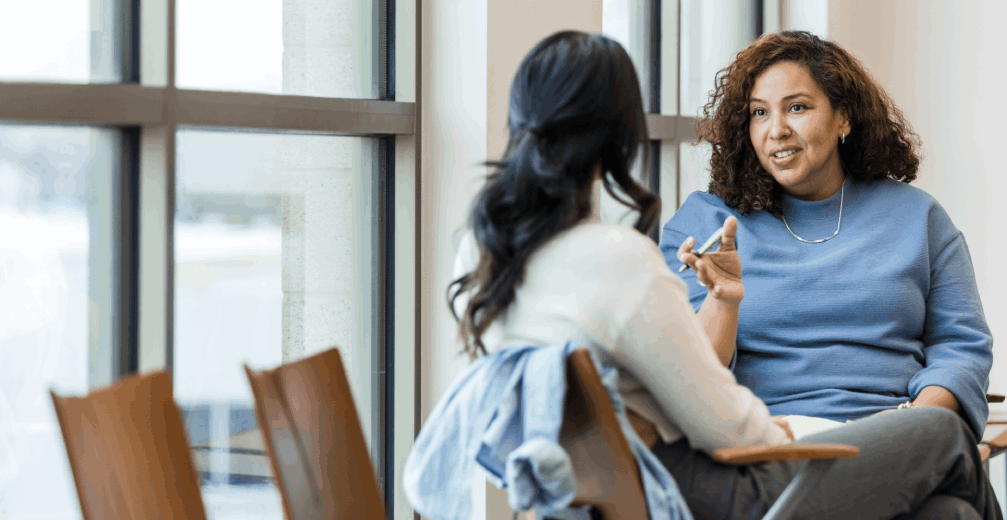Harper College is closed on Friday, April 18, for Reading Day.


The loneliness epidemic is a growing concern, especially after the isolation of the COVID-19 pandemic. While smartphones and social media have connected us more than ever, they can also make it more challenging to form deep and meaningful connections withothers. But here’s the good news if you’re feeling lonely: You’re not alone, and you have the power to make a change. Here are five tips from Carol Trejo Kroeger, manager of Counseling Services at Harper College, for combating loneliness and reconnecting with others.

In her practice as a licensed clinical counselor, Carol Trejo Kroeger has seen that if people don’t connect with themselves, it’s much harder to connect with other people. “Learning more about yourself, your values, and what is most important to you will inform what activities you can pursue to make better and more meaningful connections,” she says, echoing the process laid out in an article by Irina Cozma in the Harvard Business Review. “However, you can explore and pursue what matters the most to you, which will help improve your overall well-being.”

Completely rebuilding social skills doesn’t happen overnight. “That skill has to start somewhere, and it can start somewhere small,” says Kroeger. Maybe instead of ordering takeout from a delivery app, go pick it up in person and ask the host a question. Instead of FaceTiming with a nearby friend, ask to meet up for coffee or go for a walk together. “Build upon that little piece of motivation to connect other people until it becomes momentum, and then you start getting more and more into it.”

“For my clients that love to do art or music,” says Kroeger, “I encourage them to do that as that fosters the connection with yourself.” Find a class or workshop that interests you and gives you the opportunity to interact with others with similar interests in a structured setting. This extends beyond the arts, too.Sites like Coursera and Skillshare offer courses on conversational skills and public speaking. Your local community college is also a great place to meet people or try something new in person.

It’s easy to let self-doubt creep in and stop you from doing something you know you want to do. But it’s important to remember that making connections is a skill that needs practice and self-compassion. “None of us jumped on a bike the first time and started riding it right away,” says Kroeger. “We had to learn those skills of balancing, pedaling, and steering. Social connection is very much the same.” Be easy on yourself, keep your expectations low, and acknowledge the awkwardness of trying new things—all of which can lead to greater success down the road.

Putting yourself out there and trying to connect with others is a vulnerable act, especially if you’re out of practice. “But it’s okay not to be okay,” says Kroeger. Therapy can be a great tool for overcoming this vulnerability and building your skills in a safe environment. Even if it’s just reaching out to a friend or family member, combating loneliness starts with the willingness to make a change and acknowledge that you don’t have to do it alone.
It’s challenging to relearn how to socialize and connect beyond your comfort zone. By starting with just one of these tips, you’ll take a courageous step toward the direction you want your life to go, and your future self will appreciate it.
Source: Irina Cozma, Coursera, Skillshare
Originally Published Apr 16, 2024
More Helpful Tips from Picture Yourself